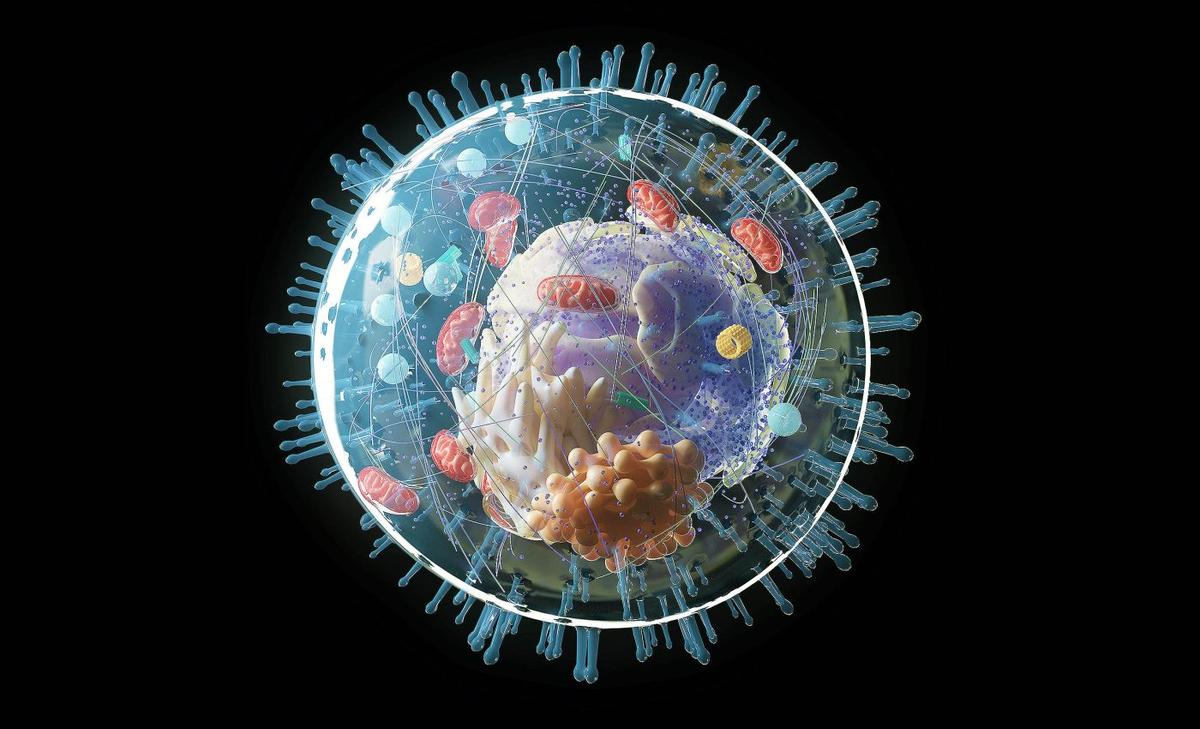New Breakthrough: Non-Brain Cells Found to Have a Role in Memory Formation

In a groundbreaking discovery, scientists have found that non-brain cells, such as those found in nerve tissue and kidney tissues, play a significant role in memory formation. This revolutionary finding challenges the long-held notion that memory is exclusive to brain function.
According to researchers from New York University, led by Nikolay V. Kukushkin, these non-brain cells are capable of learning and storing memories, much like brain cells. The study, published in Nature Communications, reveals that non-brain cells can distinguish between repeated and prolonged patterns of chemical signals, a crucial component of memory formation.
By experimenting with two types of human cells, the researchers simulated the process of spaced learning by exposing them to varying patterns of chemical signals. They discovered that the non-brain cells not only switched on a "memory gene" but also generated a glowing protein indicating when the memory gene was active or dormant.
The study's results were astonishing: when the cells received pulses at intervals, they activated the "memory gene" more intensely and for a longer duration compared to when the same treatment was administered all at once. This phenomenon is consistent with the massed-space effect, previously observed in brain cells.
"This reflects the massed-space effect in action," said Dr. Kukushkin. "It shows that the ability to learn from spaced repetition isn't unique to brain cells but might be a fundamental property of all cells."
